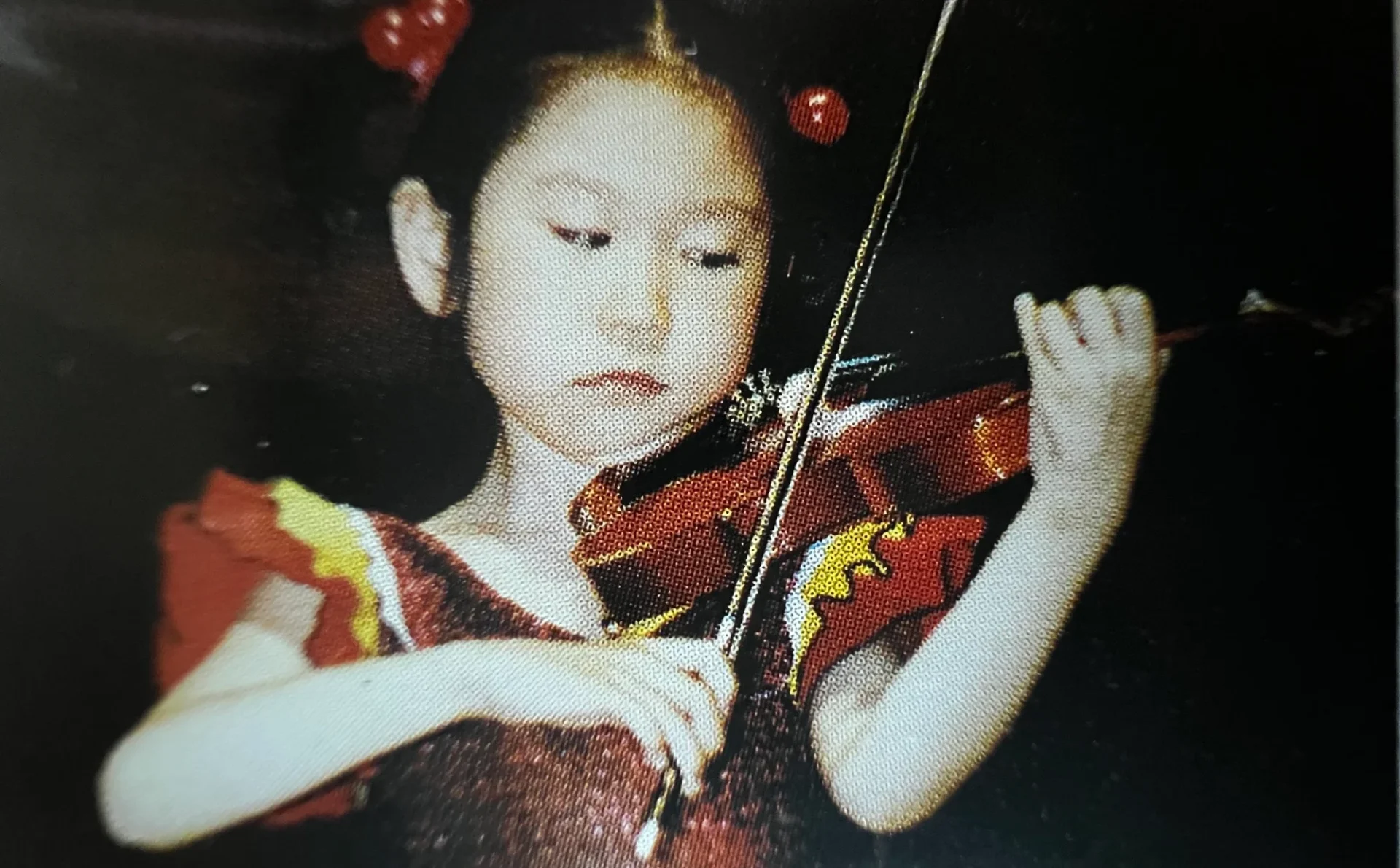In the bustling city of Beijing, during the late 1980s, the resonating sounds of industrialism intermingled with the soft and refined melodies of classical music. The metropolis was undergoing rapid transformation, and with it, the lives of its millions of residents. Born in this era of change was a child whose destiny was inadvertently tied to the world of harmonies and rhythms.
It was 1987, an age where families in China had only one child due to the government’s one-child policy. It was a policy that brought about its own set of unique challenges and opportunities for families, shaping the very fabric of their day-to-day lives. Into this tapestry was woven the story of a young soul whose life would be unexpectedly touched by the world of music.
In a humble flat nestled amidst Beijing’s expansive concrete jungle, the echoes of Mozart and Bach would often float through the air. This apartment belonged to a diligent car mechanic, whose hands knew the intricate dance of fixing engines, and an accountant, who ensured the smooth financial operations of a bustling factory. They were no maestros or virtuosos, but the couple had an undeniable love for the classical symphonies that colored their everyday life.
Neither parent had ever envisaged a musical journey for their child. But as fate would have it, a series of coincidences would soon guide their family into the captivating realm of classical music. The only music kindergarten in Beijing at that time was serendipitously situated along the father’s daily route to work. It wasn’t a meticulously plotted decision based on a long-term vision, but more of a logistical convenience. Thus, it became the young child’s first step into the magical world of music.
The ambiance of this special kindergarten was steeped in melodies. Children learned to sing together, voices rising and falling in a sweet symphony, and the pitter-patter of tiny fingers on piano keys was a common background score. It was here that the child’s unique gift was recognized. To the astonishment of the teachers, the child had perfect pitch—a rare ability to identify and recreate musical notes without a reference tone.
Recognizing this innate talent, the educators ardently persuaded the parents to make an investment in nurturing the child’s gift. They proposed the purchase of a piano, envisioning hours of practice and mastery. However, there was a practical hurdle. The family’s small flat, with its limited space, was hardly the ideal setting for a grand piano.
After much contemplation, the solution emerged in the form of a petite 1/16 violin. Compact, yet powerful in its ability to produce hauntingly beautiful melodies, the violin became the child’s constant companion. It was a testament to the parents’ commitment to their child’s newfound passion and potential.
The violin, thus, marked the beginning of a remarkable journey—a voyage that started in the heart of Beijing, amidst the constraints of space and policy, but eventually transcended borders and limitations. The melodies produced from that little violin would one day resonate on global platforms, all because of a twist of fate and the unwavering support of two non-musical parents.
In a world where destiny is often shaped by choices and chances, this narrative stands as a reminder that sometimes the most beautiful tunes arise from the most unexpected places.
READ MORE:
